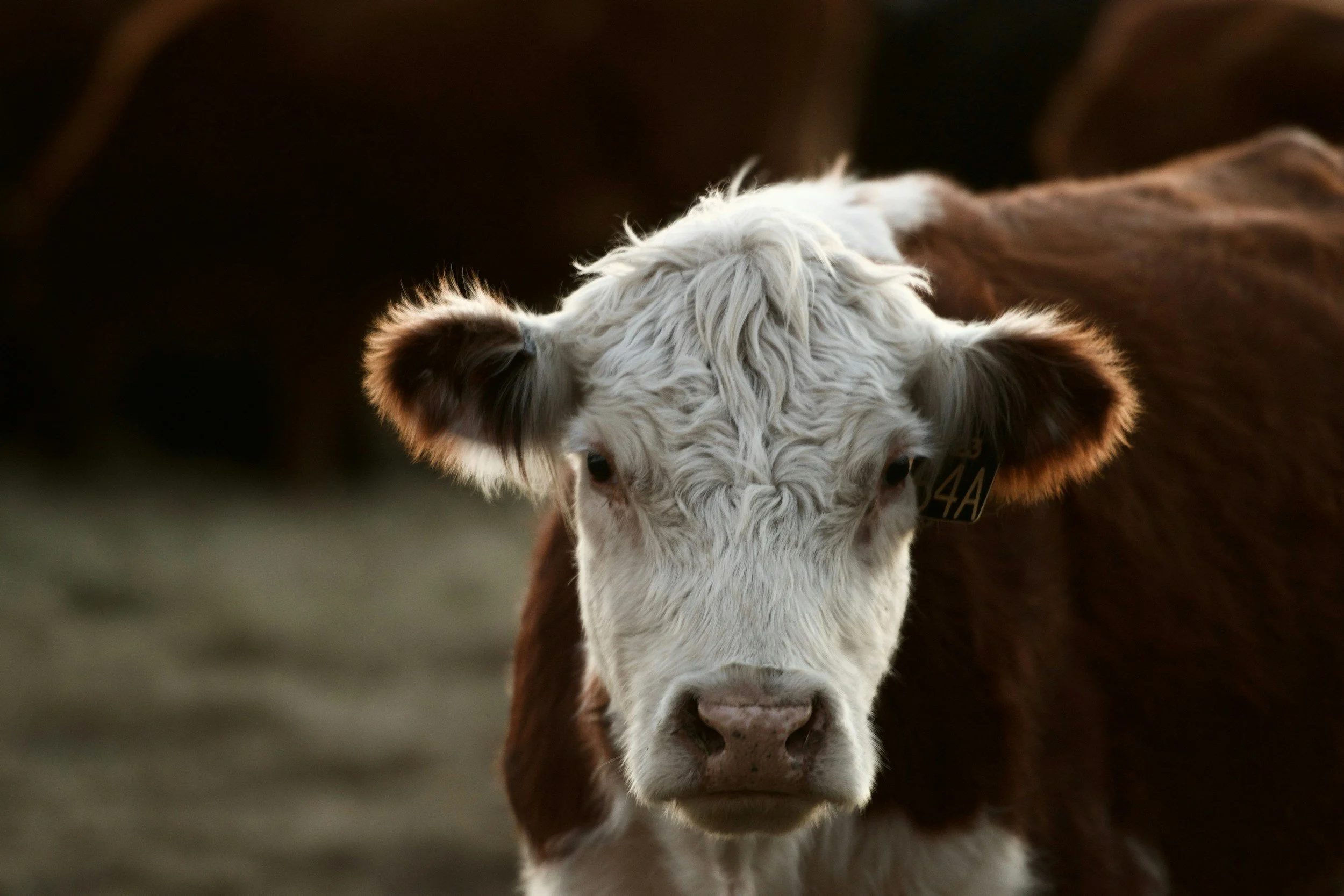New York bill introduced to ban octopus farming
If passed, the legislation would help counter the disturbing, rising interest in farming octopus for human consumption.
A new bill that would prohibit octopus farming has been introduced in New York.
New York Senate Bill S7421 (and Assembly Bill A8043) aims to tackle what it refers to as the “highly concerning” practice of farming octopus, which is “quickly gaining global momentum”.
If passed, the bill would add a new section to the environmental conservation law that would explicitly ban octopus farming for human consumption. It would also make it illegal to sell, possess, or transport any octopus or octopus product that has been farmed.
Anyone who breaks the proposed conservation law could face up to $1,000 dollars for each offense.
Sponsored by Senator Monica R. Martinez, the bill’s text points out that intensive farming of other carnivorous species has led to “significant” declines in related wild populations due to disease transmission, genetic pollution, and other ecological factors. There is now profound concern, according to the bill, that octopus farms would cause similar negative impacts on already vulnerable and declining wild populations of octopus.
This issue is elevated further by the fact that octopus are notorious for escaping their enclosed containers, with any octopus farm escapes posing a serious risk of transferring on-farm diseases and antibiotics into local habitats and animal populations.
While there are currently no businesses involved in octopus farming in New York, the bill will be an important preemptive step to ensure the practise can be stopped before it can even begin.
The bill’s introduction comes after a concerning rise in interest for farming octopus around the world. The marine animal had previously been regarded as too difficult if not impossible to farm. But in 2023, a business in Spain called Nueva Pescanova announced plans to open the world’s first commercial octopus farm.
The Spanish farm aims to breed and slaughter over one million octopuses each year for human consumption, but the plans quickly drew criticism from scientists and catapulted the controversial issue of octopus farming into the global spotlight.
Fears include how the octopus will cope (and suffer) in captivity, along with a projected high-mortality rate, and cruel slaughter methods.
"Octopus factory farming is a grave threat to these intelligent, sentient creatures and Nueva Pescanova's plans are a recipe for cruelty, stress, and an agonizing death,” Species Unite’s own Executive Director, Elizabeth Novogratz, said previously of the plans.
As a result of Nueva Pescanova’s proposed octopus farm, global advocacy has ramped up in recent years to help prevent not only the farm from being built, but also outlawing the practise from starting in other locations too.
Alongside state specific bills like Senator Martinez’ New York bill, national legislation is also being advocated for. The Trade of Octopus Produced through Unethical Strategies (OCTOPUS) Act, which would prohibit the intensive breeding of octopuses in the US and also ban the imports of octopus products from international farms, is awaiting reintroduction from Senators.
Help stop octopus farming becoming a reality: if you’re in the US, send our automated letter to your Senator urging them to reintroduce the OCTOPUS Act here.
If you’re outside the US, then join over 50,000 other Species Unite supporters in asking the Spanish government to stop the world’s first commercial octopus farm from going ahead. Add your name here.
We Have A Favor To Ask…
Species Unite amplifies well-researched solutions to some of the most abusive animal industries operating today.
At this crucial moment, with worldwide momentum for change building, it’s vital we share these animal-free solutions with the world - and we need your help.
We’re a nonprofit, and so to keep sharing these solutions, we’re relying on you - with your support, we can continue our essential work in growing a powerful community of animal advocates this year.






